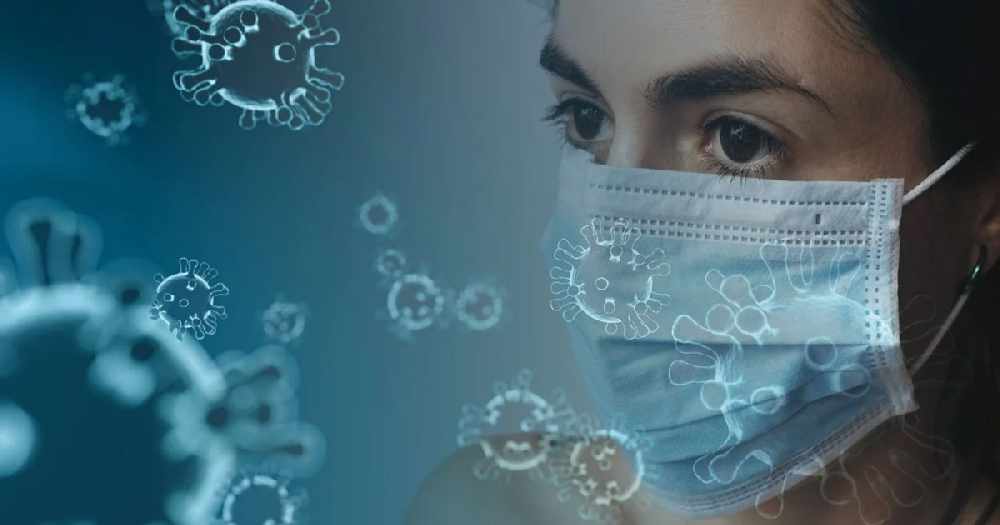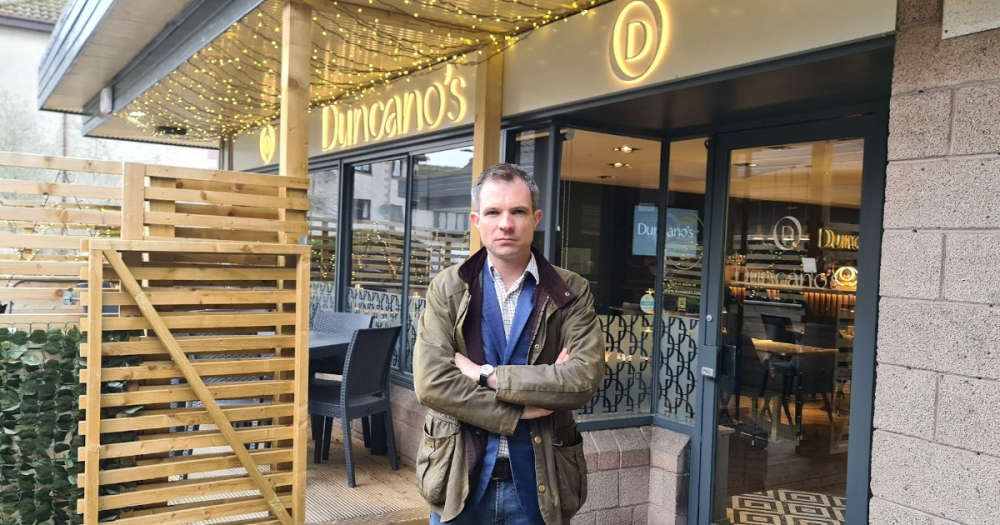
Three people in the north-east have tested positive for a new variant of Covid-19 - which was initially identified in Brazil.
The cases were confirmed after they flew to Aberdeen via Paris and London in early February.
Health officials at NHS Grampian have now published a Q&A about these cases, to give locals more details of what it means for the region.
1. Why is this described as a "variant of "concern"?
This variant has been designated "of concern’"as it shares some important mutations with the variant first identified in South Africa (B.1.351), such as E484K and N501Y. There is some data to suggest that this variant may be more likely to cause Covid-19 infections in people who have been vaccinated or who had been infected with one of the earlier strains of "wild-type" Covid-19.
The P1 "Brazilian" variant is a descendent of B.1.1.28 and was first detected in Japan but is most closely associated with the second wave epidemic in Manauas, Brazil. This variant has been designated "of concern’"as it shares some important mutations with the variant first identified in South Africa (B.1.351), such as E484K and N501Y. It is possible that this variant may respond less well to current vaccines but at this time there is a high degree of uncertainty and we await clinical and trial data is awaited to understand this better.
2. When did NHS Grampian identify these cases?
The cases were confirmed as the variant VOC 202101/02 (P.1, Manauas) yesterday (February 27 2021).
3. Were they found as part of routine testing?
Yes.
4. Are the cases linked?
The three cases returned from Brazil at the same time and isolated together on their return to the Grampian region.
5. Were they in managed isolation?
The cases isolated together at managed accommodation arranged by their employer.
6. What are the measures NHS Grampian is taking?
Health protection specialists are arranging for further samples for testing to be taken from the three cases and are reviewing their movements on arrival to the region to ensure there are no close contacts - or that any close contacts are closely followed up.
As an additional precaution, where close contacts have been identified, our Test & Protect team will interview them to understand who their close contacts were. Both contacts and ‘contacts of contacts’ will be offered Covid-19 testing.
At Scotland level, work is ongoing to trace those who were on the same flight. It is important to note that none of the cases were symptomatic when they travelled, and this is being undertaken as an additional precaution.
The vast majority of people living across Grampian will be unaffected by these cases. Everyone should continue to carefully observe the current restrictions and remember the FACTS guidance to reduce the risk of infection by any variant of Covid-19.
7. Could there be more cases?
This is something that we are closely investigating. Currently there is no evidence that we have community transmission of this variant in Scotland but we continue to monitor all variants here and will take any public health actions necessary.
8. Is there any connection to the cases of this variant detected in England?
No. Public Health England has identified three cases of the variant in England, but these are not linked to these three Scottish cases. Scotland and England are working together to ensure that a consistent UK approach is taken to managing such incidents.
9. Can NHS Grampian give any additional information about the cases?
No. The cases have not waived their right to patient confidentiality, and we will not be confirming any information about them.
NHS Grampian has also told Original 106 it cannot confirm the dates of the flights - and whether they were made before the UK's managed quarantine system came into force.


 Jimmy Thelin appointed new manager of Aberdeen Football Club
Jimmy Thelin appointed new manager of Aberdeen Football Club
 Calls for action over rise in Westhill anti-social behaviour
Calls for action over rise in Westhill anti-social behaviour
 Drug-dealing Fraserburgh mum jailed for causing baby son’s death
Drug-dealing Fraserburgh mum jailed for causing baby son’s death
 Scots waiting over 4 years for neurodevelopmental diagnosis
Scots waiting over 4 years for neurodevelopmental diagnosis
 10°C
10°C
 11°C
11°C